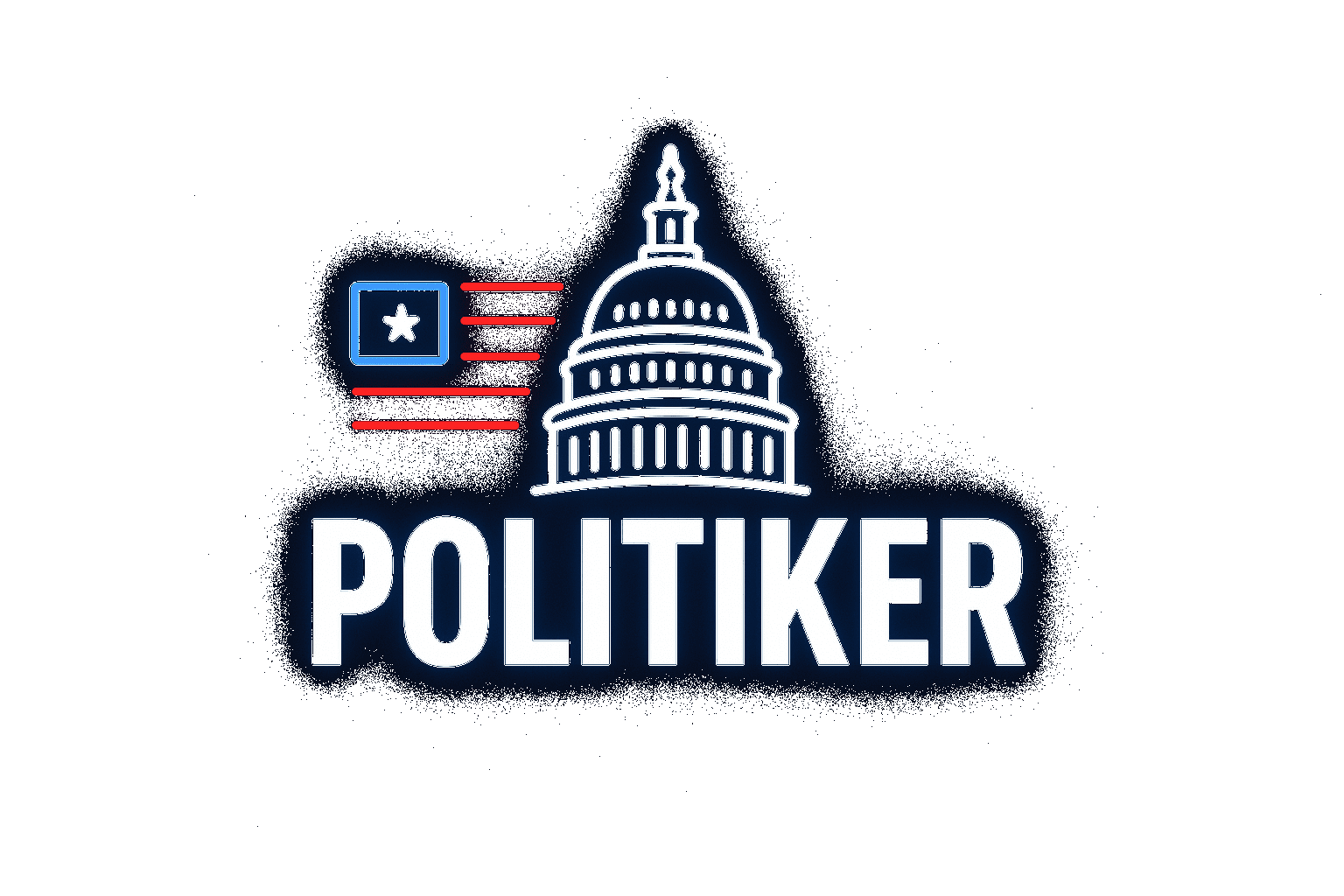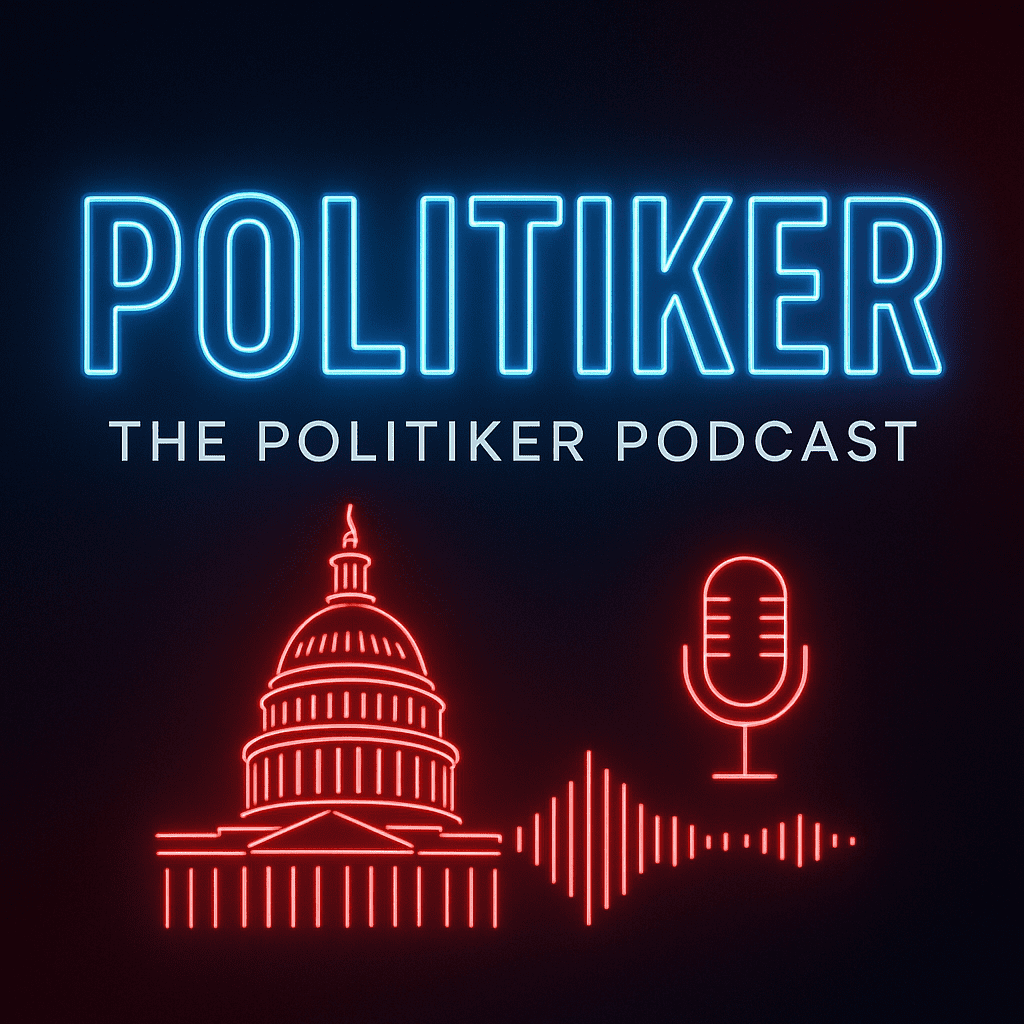WASHINGTON / BUDAPEST — President Donald Trump said Thursday that he and Russian President Vladimir Putin have agreed to hold a new summit in Budapest aimed at advancing talks to end the war in Ukraine, following a more than two-hour phone call that both sides described as productive.
“I believe great progress was made with today’s telephone conversation,” Trump wrote on his platform Truth Social, adding that he believes the recent “success in the Middle East” — referring to a preliminary cease-fire agreement in Gaza — could create momentum toward a resolution in Eastern Europe.
The planned Budapest meeting, which would be the first since the leaders’ Alaska summit in August, is expected to follow lower-level negotiations between U.S. Secretary of State Marco Rubio and Russian officials next week. Trump’s press secretary Karoline Leavitt said the meeting is “very likely,” though no date has been confirmed.
The announcement came a day before Ukrainian President Volodymyr Zelenskyy was due to arrive at the White House to seek additional U.S. military support, including Tomahawk cruise missiles and expanded air defense systems. Zelenskyy has argued that such weapons are necessary to strike deeper into Russian territory and deter escalating attacks on Ukraine’s energy infrastructure.
While Trump did not mention new military commitments in his post, he has previously suggested that long-range weapons could be supplied to Kyiv if Putin refuses to engage meaningfully in peace talks.
A bipartisan group of lawmakers — including Representatives Michael McCaul (R-Texas) and Tom Suozzi (D-N.Y.) — urged Trump in a letter Thursday to approve Tomahawk missiles, impose tougher sanctions on Russia, and pressure Moscow to return abducted Ukrainian children. The group said those steps would reinforce what it called Trump’s “peace through strength” strategy.
The White House and congressional Republicans are also debating a timeline for advancing a bipartisan sanctions package targeting Russia’s financial and energy sectors. The measure has been delayed amid Trump’s push for renewed diplomacy with Moscow.
On Wednesday, Trump said Indian Prime Minister Narendra Modi had agreed to phase out purchases of Russian oil — a claim India has not confirmed. According to sources cited by Reuters, some Indian refiners are preparing to reduce imports over time, though no formal policy change has been announced.
Defense Secretary Pete Hegseth told NATO allies this week that Washington “will impose costs on Russia for its continued aggression” if Moscow does not take concrete steps toward ending the conflict.
Hungarian Prime Minister Viktor Orbán, a vocal ally of both Trump and Putin, welcomed the decision to host the talks. “The planned meeting between the American and Russian presidents is great news for the peace-loving people of the world,” Orbán said on X. “We are ready.”
Putin’s aide Yuri Ushakov confirmed that the Russian leader supported the idea of meeting in the Hungarian capital. “President Trump was the first to suggest Budapest, and our president immediately agreed,” Ushakov told the state news agency Interfax.
Budapest carries symbolic weight in the Ukraine conflict: under the 1994 Budapest Memorandum, Ukraine relinquished its Soviet-era nuclear arsenal in exchange for security assurances from Russia, the United States, and the United Kingdom — assurances that ultimately failed to prevent Russia’s invasions in 2014 and 2022.
The upcoming meeting underscores Trump’s effort to pursue direct, leader-to-leader diplomacy as he seeks to broker what he calls a “comprehensive peace” in Ukraine. Yet analysts caution that the talks could prove politically sensitive, given skepticism among NATO allies about Moscow’s willingness to negotiate sincerely.
Despite recent frustration with Putin’s continued offensives, Trump’s tone after Thursday’s call remained conciliatory. According to the president, Putin congratulated him for his role in the Gaza cease-fire and thanked First Lady Melania Trump “for her involvement with children.”
If held, the Budapest summit would mark another high-profile moment in Trump’s foreign policy — one testing whether personal diplomacy can shift the dynamics of a war that has reshaped global security for more than three years.




